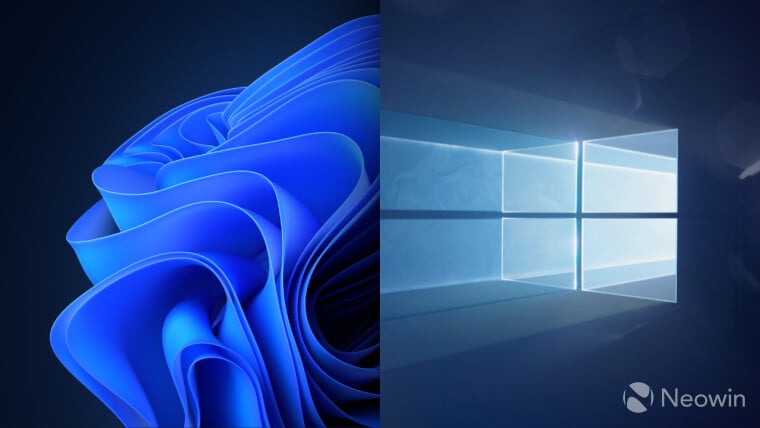Let’s put it this way; when Microsoft announced its plans to start adding features to Windows 10 once again, despite the operating system’s inevitable demise in October 2025, everyone expected slightly different things to see ported over from Windows 11. Sadly, the latest addition to Windows 10 is one of the most annoying changes coming from Windows 11’s Start menu.
Earlier this year, Microsoft introduced a so-called “Account Manager” for Windows 11 that appears on the screen when you click your profile picture on the Start menu. Instead of just showing you buttons for logging out, locking your device or switching profiles, it displays Microsoft 365 ads. All the actually useful buttons are now hidden behind a three-dot submenu (apparently, my 43-inch display does not have enough space to accommodate them). Now, the “Account Manager” is coming to Windows 10 users.
The change was spotted in the latest Windows 10 preview builds from the Beta and Release Preview Channels. It works in the same way as Windows 11, and it is disabled by default for now because the submenu with sign-out and lock buttons does not work.



I just recently installed the windows 11 LTSC IOT enterprise edition, it contains no ads and is meant for corporate use. I got it off of the massgravel Dev site. The only thing pre-installed is the edge browser. Boots way faster and my games are right there. I have it dual-boot alongside Ubuntu. I recommend it if you have to use windows for some programs.
10 LTSC can be gotten from there as well and is also supported for a good, long while if anyone prefers it over 11 LTSC.
And LTSC has a 10 year life cycle.
This is what I’m planning to go to once my IT department figures out how to implement windows 11 across our systems. We tried a controlled roll. Out and has to roll back to windows 10 because some of the software we use (mandatory) doesn’t work quite right on 11 (menu problems and weird crashes from what I saw -but it’s legacy software from the windows XP times so that’s to be expected, even in compatibility mode). They’re still going to try because the alternative is to pay for the extended support and the company doesn’t want to. I guess we’ll see what happens.